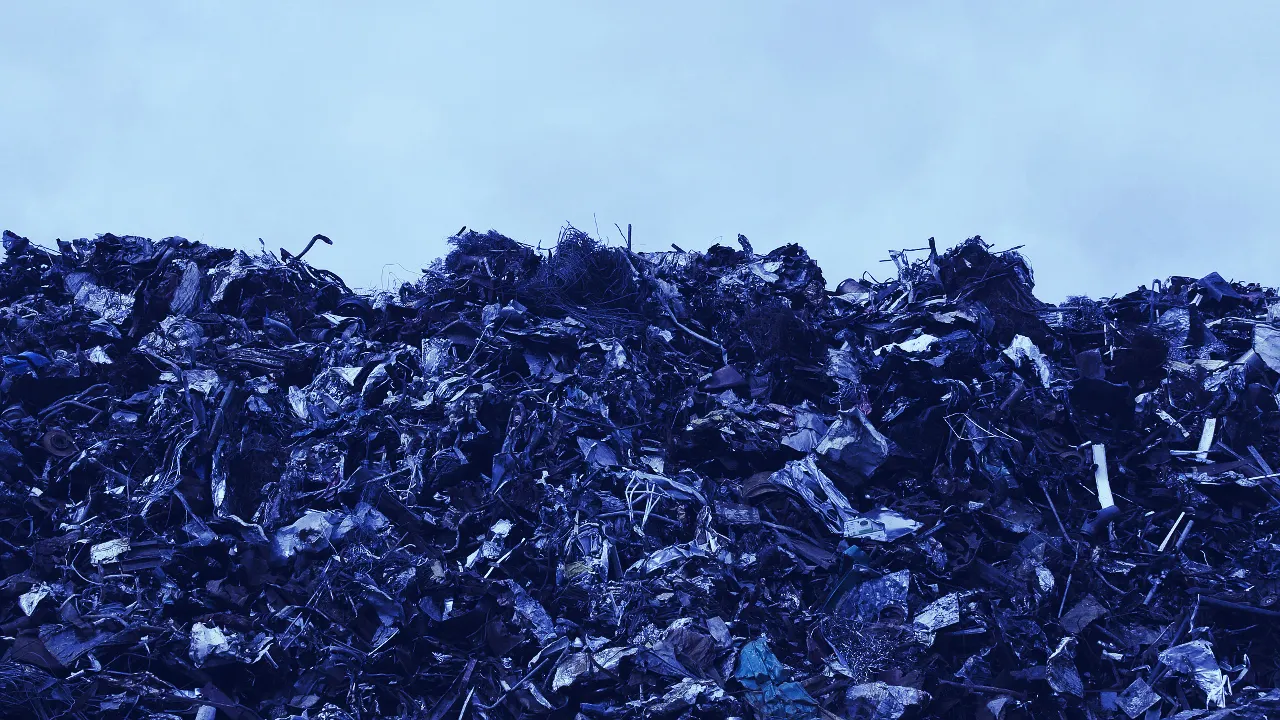It’s an idea that brings a whole new meaning to word “shitcoin.”
Earlier this week, the Ministry of Industry in the Argentine province of Misiones announced that it will soon begin to reward citizens who efficiently handle their garbage with a brand new cryptocurrency.
The Ministry’s community “Hive” project seeks to create a “new trash commodity”—a blockchain-based token called JellyCoin—which the government will grant to citizens who comply with environmental regulations.
Residents who wish to participate need only create an account on the JellyCoin network and register as either a trash “producer,” “collector” or “generator.” Each producer is then required to upload information regarding the items they are throwing away. The platform then connects the producer with a collector—individuals responsible for sorting out specific items, such as plastics, metals, and, yes, organic waste—who then deliver it to generators who process the waste at designated locations.
By the end of it, everyone is rewarded for their waste management in wastecoins. Fabulous.
But why bother creating JellyCoin and not just reward citizens in an already established cryptocurrency, like Bitcoin, or even, say, fiat? The government isn’t saying. Argentina’s Ministry of Industry hasn’t yet even revealed what JellyCoin is exactly—is it a stablecoin, a bond, legal tender? We don’t know.
For now, JellyCoin seems like an old-fashioned tax exemption dressed in new crypto clothes. “The monetary incentive for people to behave in a certain way—that is to say, sort out their waste—allows us to reward households that separate their waste with a cryptocurrency that can be used in shops, or to pay for municipal or provincial taxes,” the Ministry said in its statement.
And it wouldn’t the first crypto-based tax incentive of its kind in Argentina.
Last month, authorities from the Marcos Paz municipality announced the creation of its own cryptocurrency called the Marcos Paz Asset (MMP). The coin is meant to reward law-abiding citizens who do good deeds, such as paying their taxes on time or taking part in charitable actions.
Argentine authorities in the municipality claim that 50 local businesses are now accepting MMP, which is not exchangeable for cash.
Meanwhile, for those who prefer more “traditional” cryptocurrency, Bitcoin is now more attractive than ever among the Argentine people. Not only is it accepted as payment for public transportation in over 30 different cities, it has also grown in popularity as a store of value in the face of political uncertainty, trading at over a $1,000 premium.
But it’s no JellyCoin.

